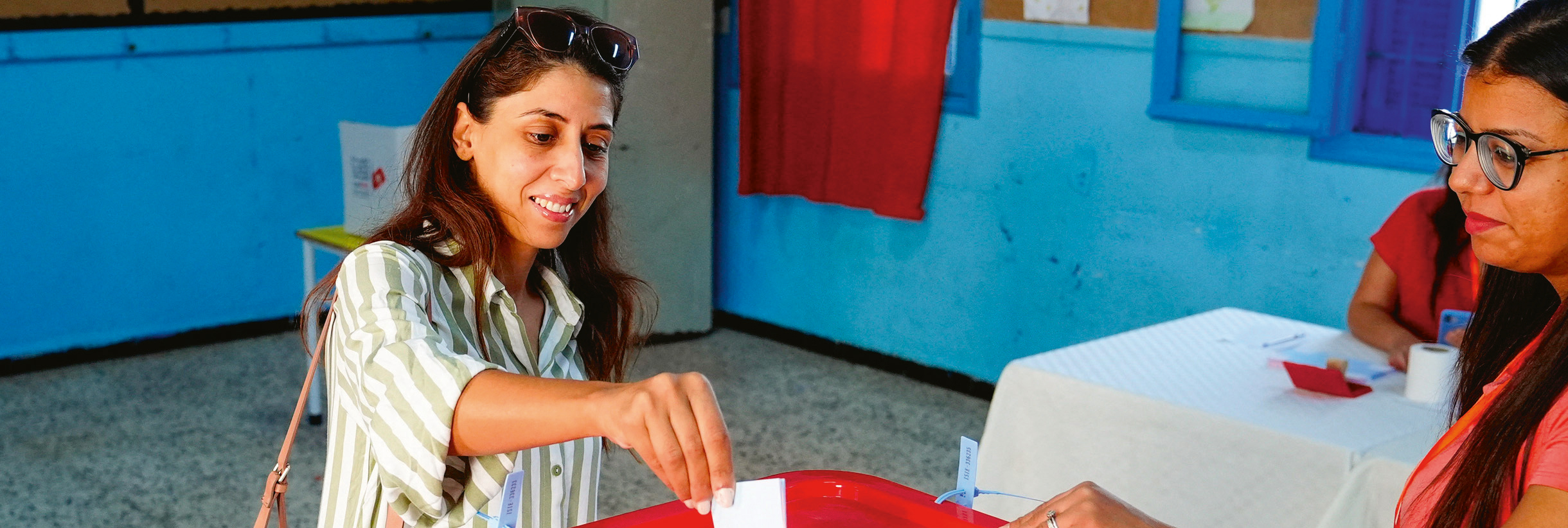The COVID-19 pandemic exposed significant weaknesses in global health governance, leading to urgent calls for reform. A key element of these reforms is negotiating a Pandemic Agreement under the auspices of the World Health Organization (WHO).
Negotiations began in late 2021, with the initial goal of finalising the agreement by May 2024. However, this timeline proved too ambitious, and WHO Member States decided instead to extend the negotiations by up to one year. This outcome reflects the inherent challenges of crafting a new and far-reaching instrument covering the entire spectrum of pandemic prevention, preparedness, and response (PPPR). The draft agreement includes diverse and complex provisions on prevention and surveillance, research and development, technology transfer for health products, regulatory enhancements, and a system for the timely sharing of pathogens and related benefits.
To add to the complexity, and as expected in multilateral negotiations, the process has been characterised by political tensions that have slowed it down. These tensions are nuanced and cannot be oversimplified, but as an illustration, developing countries demand equity through broader, faster, fairer access to health products and technologies, more flexibilities on intellectual property rights, support for regional pharmaceutical manufacturing, and guarantees on financing. Developed countries have focused primarily on health security, seeking reform in areas such as strengthening surveillance and prevention and information-sharing obligations.
As WHO Member States resumed deliberations in September 2024 in Geneva, some marginal progress was made, though at a very slow pace.
What obstacles stand in the way of finalising the agreement? A significant unresolved issue is the Pathogen Access and Benefit Sharing System. This system aims to ensure the timely sharing of pathogen samples and genetic information, alongside the equitable sharing of benefits arising from their utilisation. This system is considered critical for pandemic preparedness and access to health technologies during emergencies.
While negotiators agree on the necessity of such a system, key design elements remain contested: how do countries rapidly share pathogen samples and data? How do you govern access? What kind of benefits should be shared? What obligations loom over the pharmaceutical industry as it develops life-saving countermeasures?
Concerns regarding access to vaccines, drugs, and other health technologies continue to be highly contentious as well. Will Member States mandate private companies to transfer potentially valuable technology during emergencies? Or, will they accept additional flexibility regarding intellectual property protection?
Given these divides, experts warn that an extra year may not suffice to finalise discussions. Although the mpox emergency is generating momentum for international health cooperation, delegates still face a steep hill to climb.
This article was published in Globe #34, the Graduate Institute Review.





